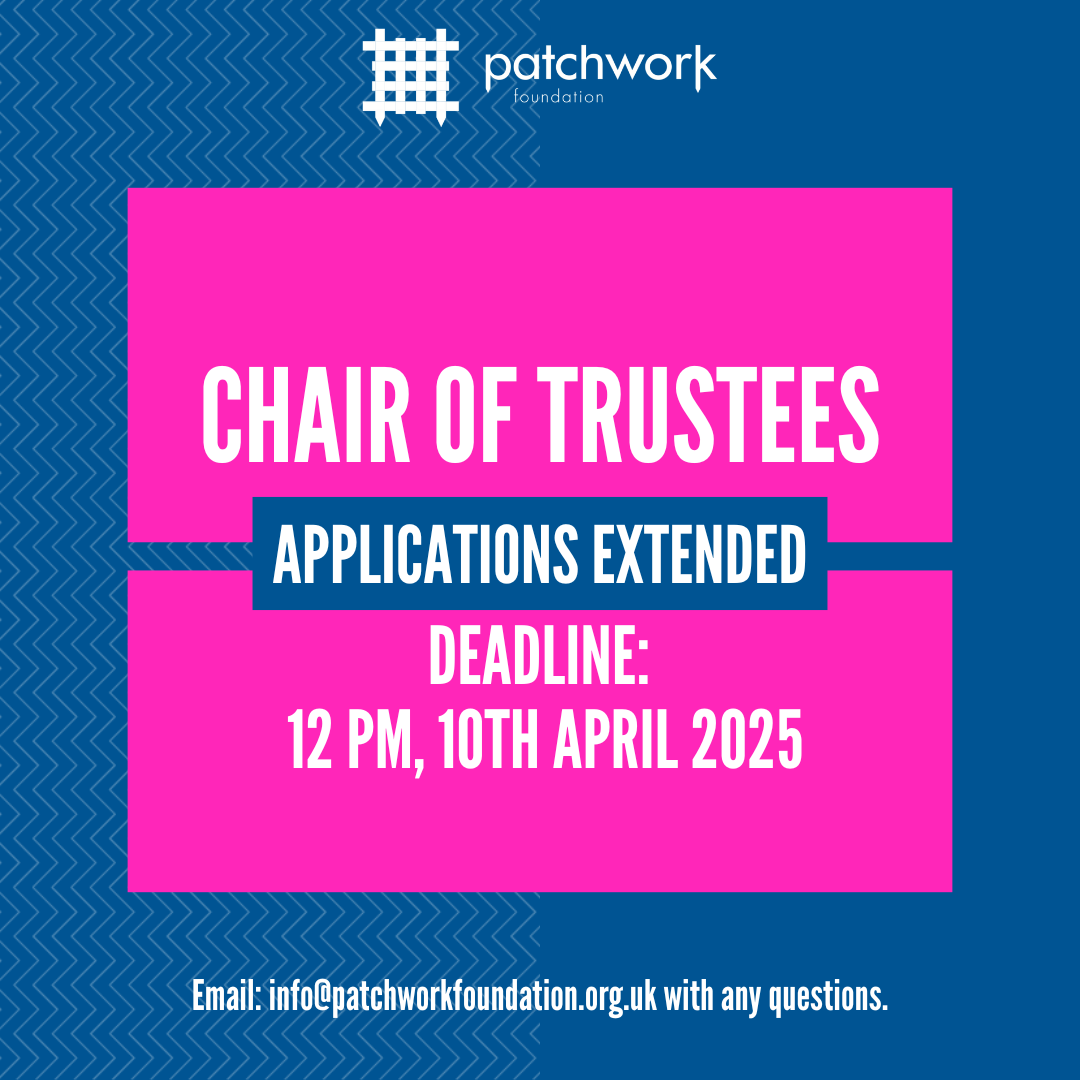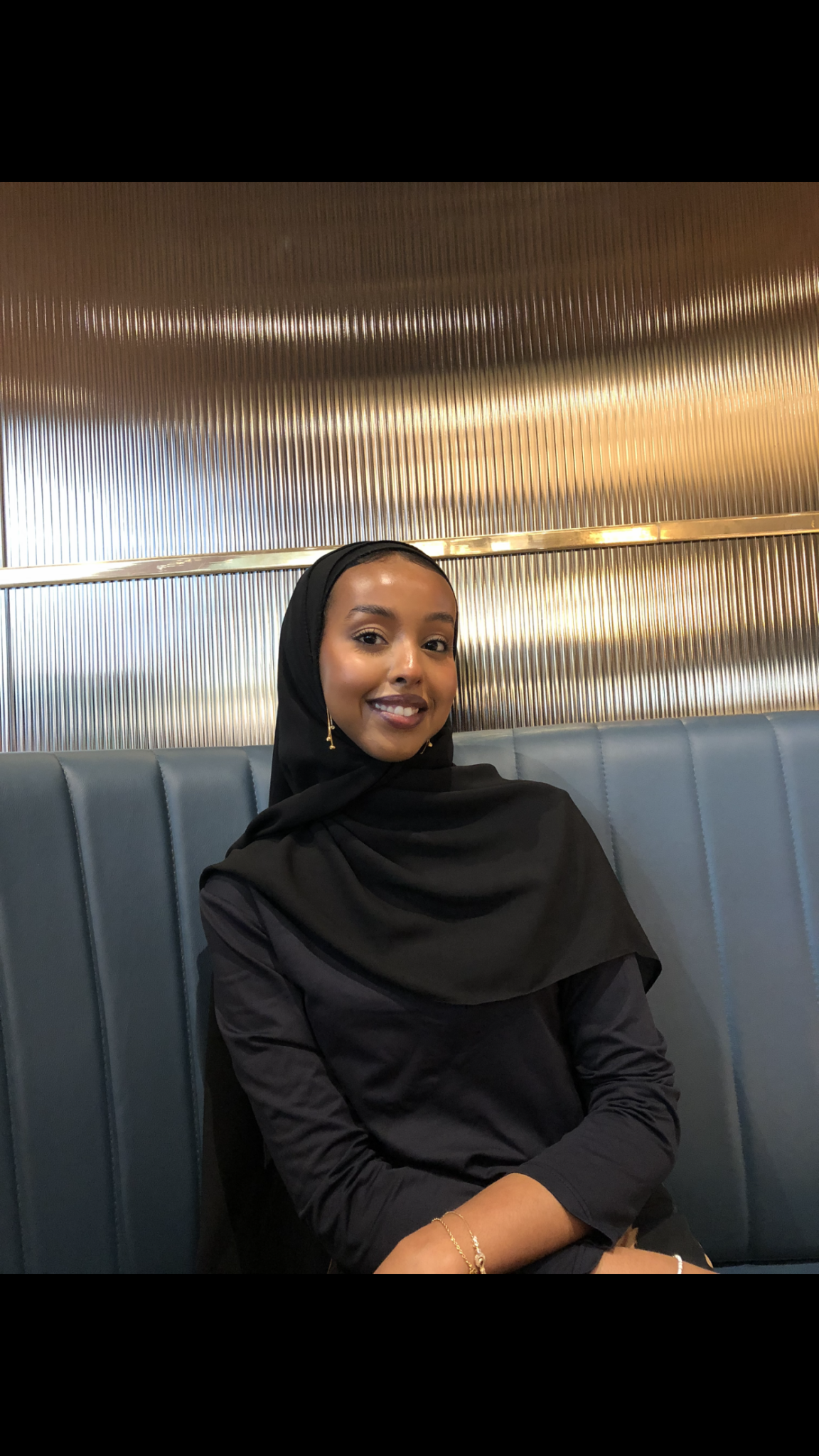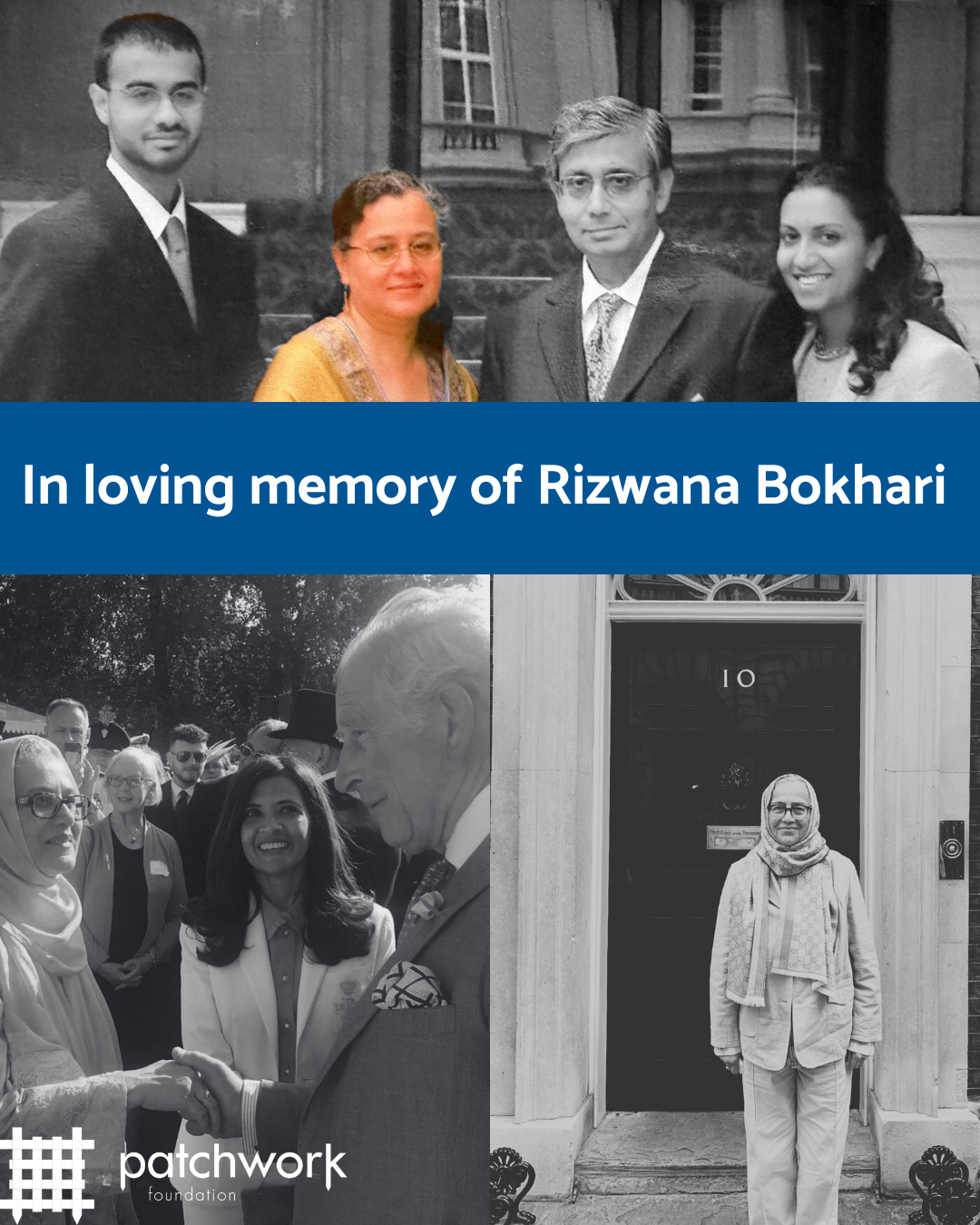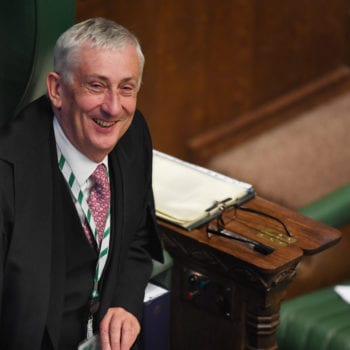…No-one should feel disadvantaged if they want a career in Parliament – and I am fully behind the Foundation’s efforts to support and equip young people with the skills, experience and know-how to succeed in public life.
Masterclass with Robert Colvile: Demystifying the Role of Think Tanks, and Being a Masterclass Chair.
Connor is a Civil Service Fast Streamer currently posted as a Senior Programme Support Officer at the National Crime Agency (NCA). Connor joined the Fast Stream in October 2023 and prior to that worked in operational delivery at the Ministry of Justice, and also has experience from working at Yorkshire Water in public affairs, communications and stakeholder engagement. Connor graduated from the London School of Economics in 2021 with a BSc in Politics and Philosophy.
Think Tanks are often a mysterious entity in the political world. Most people with an interest in politics have probably heard of Think Tanks and their role in shaping policies and influencing politicians. Most of us have also probably asked ourselves ‘but what do Think Tanks actually do?’ – these organisations are often shrouded in mysticism. The Mini-Ministers cohort recently had the privilege of a Masterclass with Robert Colvile – Director of the Centre for Policy Studies (CPS) Think Tank, where he covered the role of Think Tanks and his own career journey to become the leading figure in the CPS. I had the opportunity to chair this Masterclass, and I shall use this blog to also cover the fundamentals of being a Masterclass Chair, and the preparation work that I did ahead of my Chair role.
The Masterclass began by Mr Colvile explaining to us that his career journey began in journalism, where he worked for a variety of publications that crossed the political spectrum – he worked for The Telegraph for several years, renowned for its right-wing inclination and support of the Conservative Party; but also led the 2015 General Election coverage for Buzzfeed UK, a left leaning outlet. Mr Colvile noted that the skills of being a journalist and working in policy in a Think Tank were largely the same: he saw a natural progression from his journalistic roles to his current position at the CPS. Indeed, Mr Colvile continues to be Editor-In-Chief of CapX – an online publication created by the CPS to cover current affairs and politics stories, which again shows the strong overlap in skills between journalism and working in a Think Tank.
The discussion then outlined that many of the people who choose to work in Think Tanks do so out of passion – the pay in this area is relatively low and many of those who work in Think Tanks could make a great deal more money elsewhere. They are instead motivated by a desire to influence change and passion to improve things in the country – Mr Colvile noted this is true across the political spectrum in both left and right leaning Think Tanks.
In terms of chairing the Masterclass, I did extensive research on Mr Colvile and his background. Research is important for any Masterclass but especially in the position of Chair. I also practiced my introduction and closing statements before the Masterclass – not just for memorising the content but also the delivery. It is important to be inclusive of everyone at the Masterclass and address the room as a whole when speaking, not just the main speaker. As the chair, it is vital to make sure any online attendees feel included and engaged in the session. It is always difficult in hybrid environments when we are in the position of being online – and the Chair can play a crucial role in closing that gap and making the experience of online and in-person attendees close to equal. Another key part of being a Masterclass Chair is being able to adapt and change the format to fit the speaker. Particularly in the prepared questions, for example, some speakers may prefer to take questions one by one rather than in groups of three. Some speakers may shorten their main speech to allow more time for open Q&A at the end. These should be facilitated by the Chair as best as possible, while also balancing out the consideration of time and running according to the agenda.
I took a lot away from our Masterclass with Robert Colvile as he showed us a unique and novel route into politics that was quite different from our previous Masterclass speakers. He demystified the role of Think Tanks well and explained the purpose and composition of these organisations, as well as the key skills and attributes needed to thrive at a Think Tank. I also thoroughly enjoyed being Chair, and I hope that my insights and tips into chairing are useful to other Patchworkers. I would encourage anyone interested to volunteer for chairing a Masterclass as it is a very rewarding experience, it allows you 1-1 time with the speaker to build closer connections, and in general it is a useful skill for a future career in a political role.




